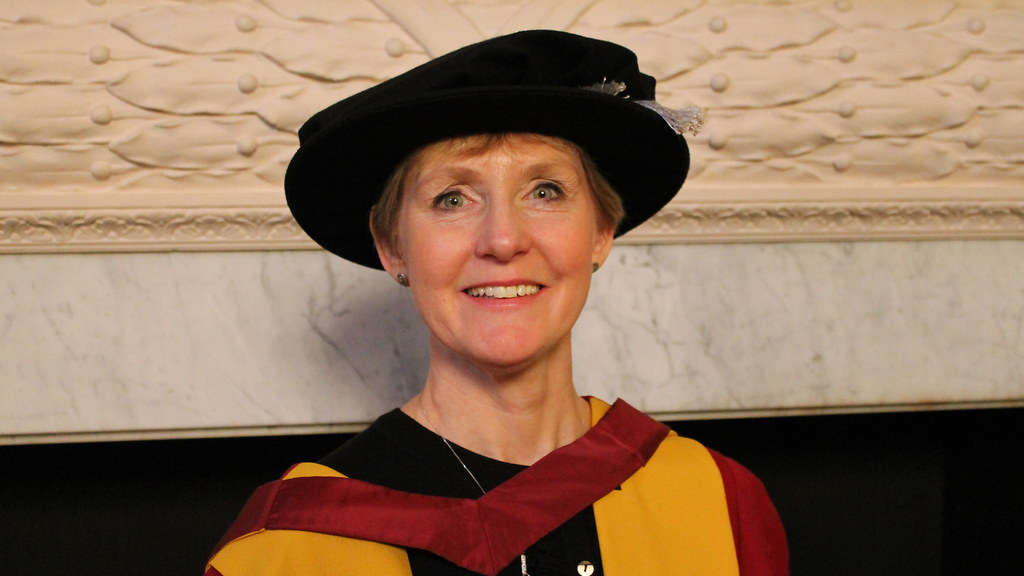Consultant palliative care nurse Jo Wilson has used her PhD studies to improve the care of people with terminal illnesses, even before receiving her doctorate in Wednesday’s winter graduations.
Jo spent six years studying part-time for a Psychology PhD alongside caring for patients in hospitals at the end of their lives.
She was inspired to pursue a PhD after realising that, despite the best intentions of hospital staff, during some patients’ care the recognition that they were nearing the end of life wasn’t always happening soon enough to provide the very best care. Knowing that University of Bath has a world-leading psychology department, and is also the home of the Centre for Death & Society, she thought Bath was the perfect place to do her PhD.
She said: “I realised that recognising that patients were dying and then negotiating decision-making with patients and their families, earlier than the last days and hours of life, was an area of clinical practice that was resistant to sustained practice development, and I wanted to understand this. The change that is being sought in clinical practice is the earlier identification of dying so that patients and families can be more prepared and their choices for their care and place of care be heard, and ethical decision-making can be thought through about what treatments are in the patient’s best interests.”
As a result of her research Jo has been instrumental in setting up weekly meetings in hospitals to bring clinicians together to discuss any patient likely to be in their last year of life. The meeting addresses this aspect of care particularly to ensure all clinicians are in agreement; to address any anxieties, concerns or worries the clinicians might have; to think about ethical decision-making, and to think about resources available to patients and families ahead of the clinician engaging further with the patient and family.
Jo has also introduced numerous other measures and techniques learned through her studies.
She said: “It’s been a real help for me in clinical practice. Every day you’re learning how to do something better or learning something new, so you really see the benefit.
“I feel extremely lucky to have come to Bath and been helped by Prof Tony Walter and my supervisor Dr Paula Smith, as well as Dr Helen Lucey.” To juggle her job, studies and look after two children who were teenagers when she began the PhD, Jo kept rigorously to a strict schedule, rising at 5am every day to read.
She said: “I’d read for one hour before work, and then at the weekends I had a rule that I would have to do six hours’ work before I could do anything else. I also worked through most holidays, but tried to keep one break a year where I didn’t do any work.”
Another motivation for Jo was to see her work translate directly into her working practice.
She said: “When you’re working on something relevant to your day-to-day job, there’s a synergy there, it’s not a separate part of your life. “I’m delighted to finish, it’s been six years’ worth of study. I’m really grateful to my family, friends and colleagues. I had a wonderful time at graduation celebrations.”
Jo now plans to spend time writing up five academic papers using the data gathered from her research, and continuing to work to improve clinical practice in palliative care.

